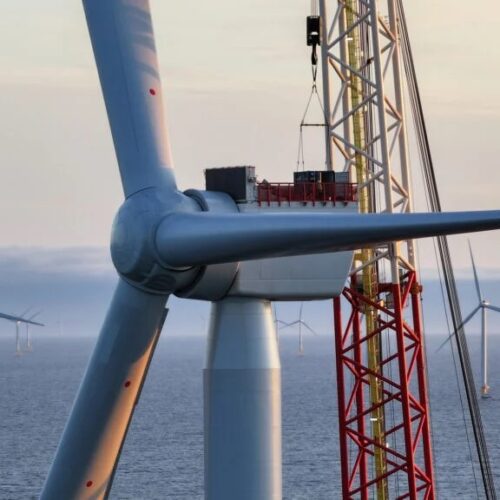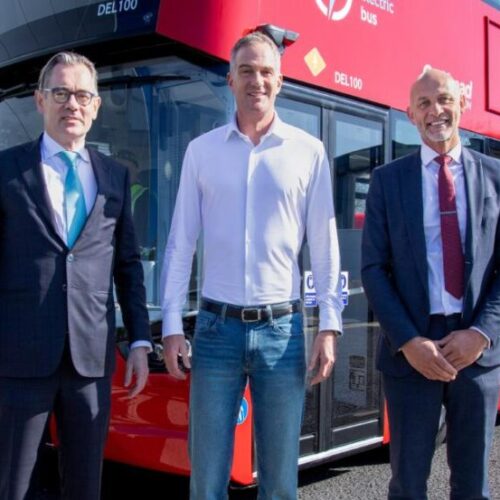The Department for Energy Security and Net Zero (DESNZ) has announced a plan to create thousands of new apprenticeships in the clean energy industry as part of the government’s Plan for Change.
Energy secretary Ed Miliband told a forum of industry leaders, unions and trade bodies that the government will work with them to build a “clean power army” to enable targets for clean power by 2030 to be hit. According to DESNZ, National Grid already has plans to support around 55,000 more jobs by the end of the decade, with SSE Transmission planning to add a further 37,000 jobs by this time.
As part of this, the government is pushing forward its Regional Skills pilot, which sees a number of UK regions identified as key growth areas for clean energy development. Local partners in Aberdeen, Cheshire, Lincolnshire and Pembrokeshire will receive funding to help them identify the support they need to create the needed skills to deliver clean power by 2030, such as new training centres, courses or career advisors.
The latest figures from CBI Economics show that jobs supported by net zero sectors rose by 10% last year. The average wage from jobs in the net zero sector was £5,600 higher than the national average, which was £43,000. CBI analysis also notes that the net zero sector contributes £83 billion annually to the UK economy, a figure that is set to rise in the coming years.
The government has said that it is working closely with employers to train young people in the UK to take advantage of opportunities in the green economy. As part of this, the government last year launched Skills England, a body set to reform the apprenticeship system and boost jobs in a number of key sectors, including the green energy sector.
Additionally, the government has launched the Office for Clean Energy Jobs, a new body aiming to close the green skills gap and deliver the workers needed for the net zero transition.
In his speech, energy secretary Ed Miliband said: “To meet our target to reach clean power by 2030, we need a clean power army of engineers, welders and technicians – giving thousands of young people the opportunity to play a vital role in tackling the climate crisis, increasing our energy security and boosting the economy to deliver our Plan for Change.”






